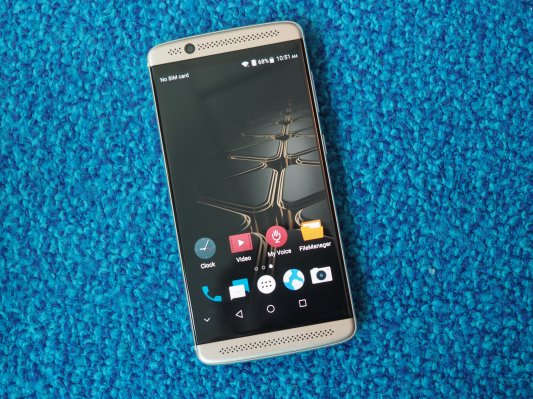This time last year, Chinese electronics giant ZTE pleaded guilty to violating sanctions on Iran and North Korea. This morning, the U.S. Department of Commerce announced a seven-year export restriction for the company, resulting in a ban on U.S. component makers selling to ZTE.
The company’s initial guilty plea was met with up to $1.2 billion penalties and fines, along with the dismissal of four senior employees, along with more fallout for lower-level employees. As part of the initial agreement, ZTE was allowed to continue to work with U.S. companies, assuming it adhered to the rules laid out in the agreement. The DOC, however, contends that ZTE failed to significantly penalize those employees.
“ZTE made false statements to the U.S. Government when they were originally caught and put on the Entity List, made false statements during the reprieve it was given, and made false statements again during its probation,” Commerce Secretary Wilbur Ross said in a statement provided to TechCrunch. “ZTE misled the Department of Commerce. Instead of reprimanding ZTE staff and senior management, ZTE rewarded them. This egregious behavior cannot be ignored.”
A senior department official tells Reuters, in no uncertain terms, that the company, “provided information back to us basically admitting that they had made these false statements.”
The penalty is steep, given that U.S. companies are believed to provide more than a quarter of the components used in ZTE telecom equipment and mobile devices. The list includes names like San Diego-based Qualcomm, which provides Snapdragon processors for the company’s flagship devices.
The news arrives amid fears of a looming trade war between the U.S. and China. ZTE has also been repeatedly name-checked by U.S. intelligence officials over spying concerns, along with fellow Chinese smartphone maker Huawei — though ZTE has managed to make more inroads with U.S. carriers over the years, regularly showing up around fourth place in market share.
TechCrunch reached out to ZTE for response, but has yet to hear back.
